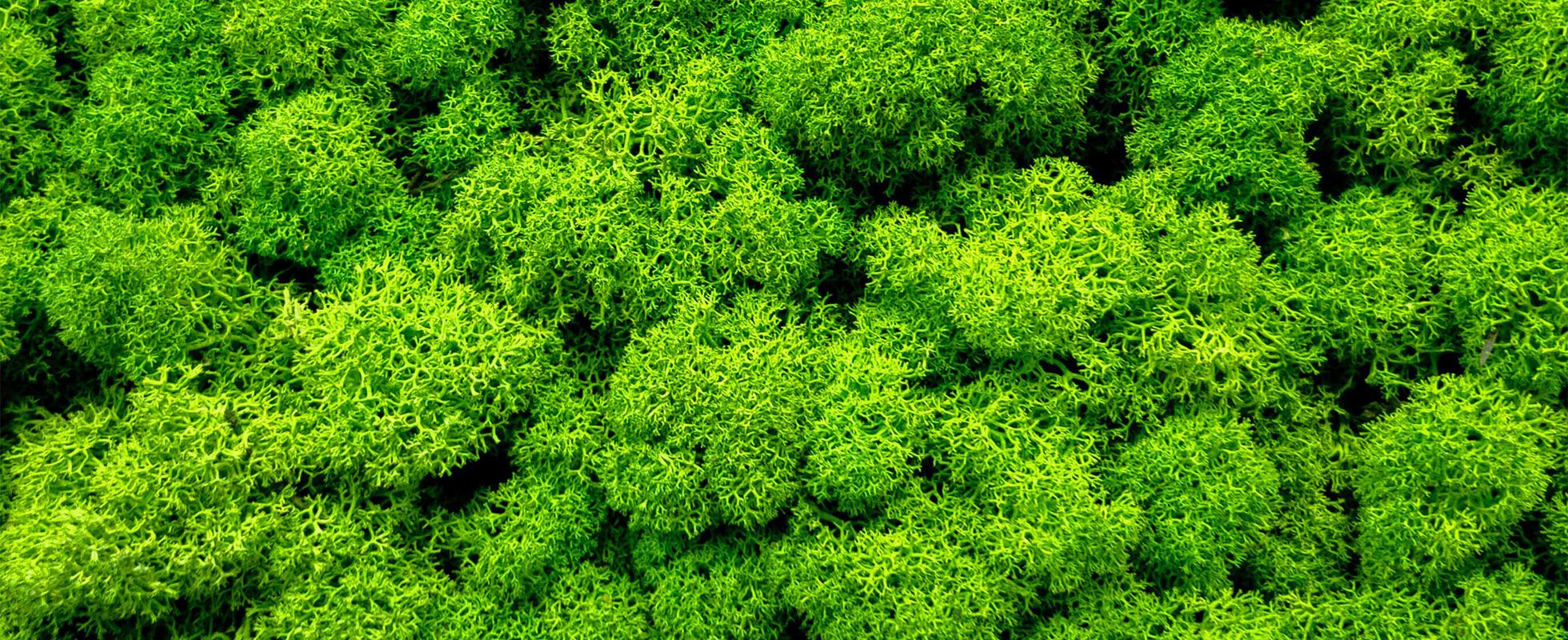The richness and diversity of the world’s Indigenous cultures are truly amazing. There are at least 370 million Indigenous peoples (about 5% of the world's population) across more than 90 countries, representing — and preserving — more than 4,000 languages and countless cultural treasures.
For many Indigenous groups around the world, the preservation of their original language is a vital part of their traditions and identity. Proverbs play an important role in this, serving as a way to pass down wisdom and a sense of self from one generation to the next. Here is a selection of Indigenous proverbs from all across the globe, from the Great Plains of North America to the mountains of Peru, the African Great Lakes to the Australian Outback.
Where there is true hospitality, not many words are needed.Arapaho proverb
The Arapaho people are native to the Great Lakes region of the United States, where they lived along the Mississippi River. Around 1680, they were forced out of their ancestral lands and migrated to the Great Plains.
It is better to have less thunder in the mouth and more lightning in the hand.Apache proverb
The Apache are a group of culturally related tribes native to the Southwestern United States. They played a large role in the history of the Southwest, under leaders such as Cochise, Mangas Coloradas, and Geronimo.
Don’t be afraid to cry. It will free your mind of sorrowful thoughts.Hopi proverb
The Hopi Tribe resides primarily on a large reservation in northeastern Arizona. It is a sovereign nation, with its own constitution and government.
Do not judge your neighbor until you walk two moons in his moccasins.Cheyenne
Before the arrival of the Europeans, the Cheyenne lived in what is now Minnesota. They were forced out into North and South Dakota, where they became skillful mounted warriors. Today, there are around 23,000 Cheyenne, living mainly in Montana and Oklahoma.
The caribou feeds the wolf, but it is the wolf who keeps the caribou strong.Inuit proverb
The Inuit are a group of Indigenous peoples who live in the Arctic and sub-Arctic regions of Greenland, Canada, and the United States (Alaska). They have a strong tradition of fishing and hunting in extremely cold conditions.
We are all visitors to this time, this place. We are just passing through. Our purpose here is to observe, to learn, to grow, to love… and then we return home.Aboriginal Australian proverb
The term "Aboriginal Australian" encompasses the various Indigenous peoples of the Australian mainland and surrounding islands. With a total population of about 760,000, they account for around 3.3% of Australia's population.
Do not steal, do not lie, do not be lazy.Quechua proverb
The Quechua language was spoken by the Incas, with various dialects still spoken in South America today. The proverb above — Ama sua, ama llulla, ama quella — may even have its roots in the Inca Empire. More than 10 million Indigenous Quechua people live in South America, with about half of them in Peru.
Nobody can say he is settled anywhere forever: It is only the mountains which do not move from their places.Maasai proverb
The pastoral Maasai of Kenya and Tanzania are a nomadic people with a total population of about 2 million. They move in groups for much of the year, subsisting almost entirely on the meat, blood, and milk of their cattle herds.
Many hands make work light; many ideas open the way.Hmong proverb
The Hmong are an Indigenous people living mainly in Southwest China, Vietnam, Laos, and Thailand. The culture and religious beliefs of the Hmong are extremely rich, and they are known for their beautiful embroidery and love songs.
The roots of all things are holding hands. When they cut down a tree in the jungle, a star falls from the sky.Lacandón proverb
The Lacandón are a Maya Indigenous group who live in the jungles of the Mexican state of Chiapas. Their cosmology states that the end of people will come about when the environmental balance is broken.
My language is my awakening, my language is the window to my soul.Māori proverb
The Māori are the Indigenous Polynesian peoples of mainland New Zealand — or Aotearoa, as they call it. Whakataukī, or proverbs, are common in formal speeches and everyday Māori conversation.
Photo credit: Eugene Chystiakov/ Unsplash
















